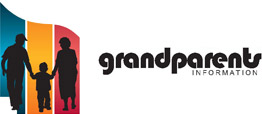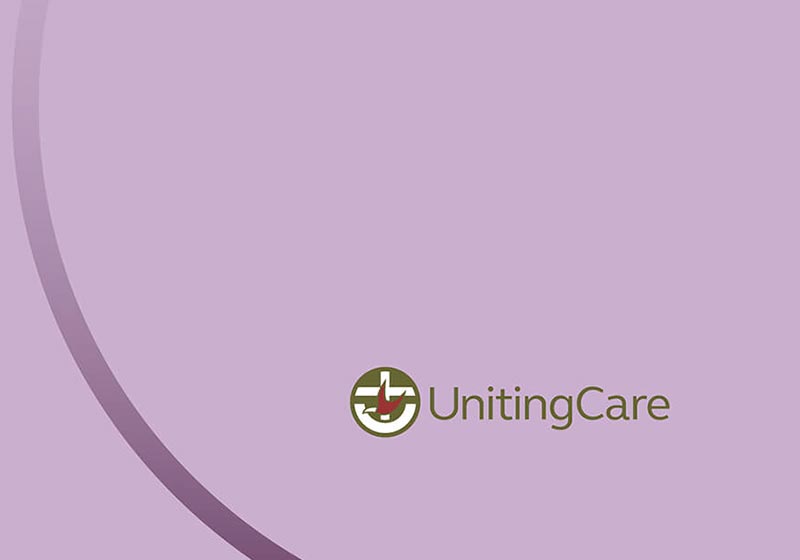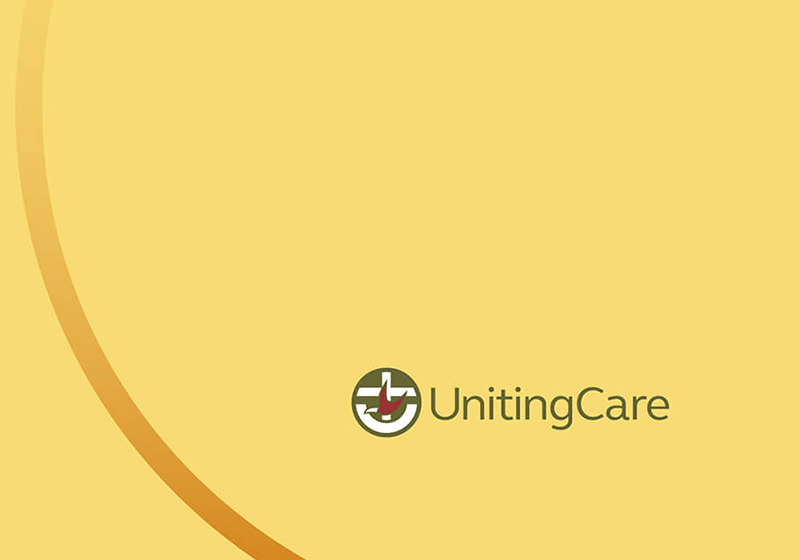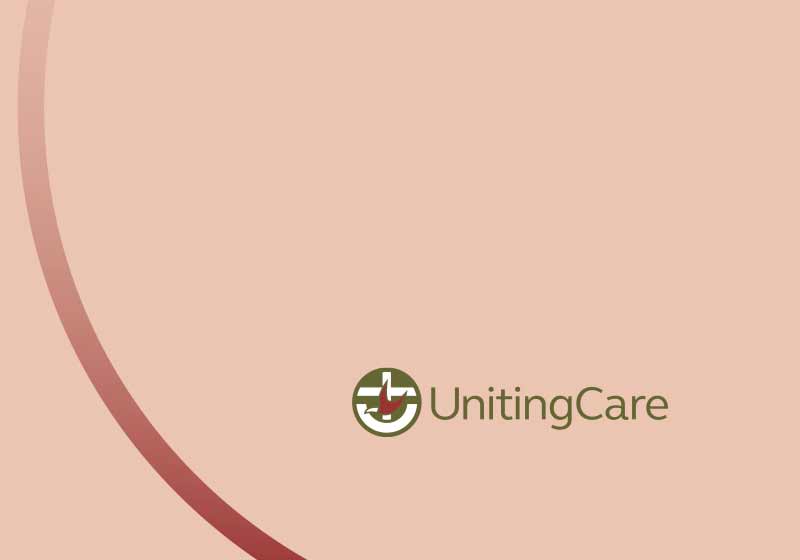Record reports of elder abuse
- 31.8% increase of calls to the Elder Abuse Prevention Unit Helpline
- 2,022 abuse notification calls in 2020-2021
- Highest number since data collection commenced 20 years ago.
Reports of elder abuse have drastically increased across Queensland in 2020-21, with a 31.8% rise of calls to the Elder Abuse Prevention Unit (EAPU) Helpline, a service funded by the Queensland Government.
UnitingCare Queensland’s ‘Year in Review' report, provides a snapshot of reported abuse to the EAPU Helpline of victims aged 50 years and older.
In 2020-2021 the helpline received 2,022 abuse notification calls over the period— the highest yearly total recorded since data collation commenced two decades ago.
Key statistics
- Most common types of abuse reported were psychological (72.9%), followed by financial (62.6%), and social abuse (28.0%).
- It is common for victims to experience numerous types of abuses at once, with close to twothirds of victims experiencing more than one type of abuse.
- There were 1,455 cases of psychological abuse reported to the Helpline. The most common forms of psychological abuse were pressuring, shouting, and degrading victims.
- In 2020–21, 1,248 cases of financial abuse were reported to the Helpline. The most common methods of perpetrating financial abuse were undue influence (32.9%), followed by misuse of an Executive Power of Attorney (18.6%).
- 80.7% of calls related to abuse were attributed to a person in a close or intimate relationship with the victim.
Luke Lindsay, General Manager of UnitingCare’s wellbeing services, said the report highlights the confronting and complex issues our elderly population are facing.
“Elder abuse is a horrendous issue, sadly it is more prevalent than many would be aware of, and most frequently occurs within family units,“ Mr Lindsay said. This year’s report shows, 80.7% of calls related to abuse were attributed to a person in close or intimate relationships with the victims and in two-thirds of cases, victims and perpetrators were living together.
“The sharp rise of victim and perpetrator cohabitation over the past few years is concerning as we know factors such as cohabitation and dependency contribute to the risk of elder abuse,” he said.
“Against a backdrop of a worsening housing situation in Queensland, compounded by COVID-19, there is a very real risk for the largely invisible issue of elder abuse to grow as more adult children move in with their parents to save money or secure housing.
“And what we know from the data is this doesn’t always end-up working, leading to higher rates of elder abuse, and in some cases homelessness.”
The report noted that an increasing number of victims were fearful of becoming homeless or had already experienced homelessness because of the abuse. Mr Lindsay said there were a broad range of contributing factors to elder abuse, such as ageism as well as expectations around intergenerational wealth transfer.
“Unfortunately, ageism is rife within our society and we need to change our attitudes towards older people if we are to prevent and eliminate elder abuse,” he said.
“The perception of entitlement is also a contributing factor, leading to situations where adult children feel entitled to their parents’ wealth, creating a complex web of financial abuse which is an utterly distressing and unbearable experience for victims.”
Mr Lindsay said there was a lack of public awareness on the issue of elder abuse, combined with non-existent to limited support programs for perpetrators.
“Elder abuse isn’t going away and this report, while distressing, is a timely reminder of the need for action on elder abuse,” he said. “Elder abuse doesn’t just affect our older population—it impacts the entire community and erodes the fabric of our society. It’s time we as a country appropriately respond to, and address, the mistreatment of our elderly population with the focus placed on the protection of their rights and health.”
Read the full ‘2020-21 Year in Review’ report.
Importantly, for anyone needing advice or need to report abuse, or suspected please contact the EAPU Helpline 1300 651 192. When you call the helpline, you may remain anonymous. Your call will be confidential and staff will operate with an older person focus, giving you the time to talk things over at your own pace. The helpline is not a crisis line, reporting agency, investigation service and does not undertake case work, however we may be able to refer you to agencies who do all of those things.
Additional information
Elder abuse is a complex social issue, but UnitingCare believes through the further consideration and research of the below areas, it may help increase the effectiveness of prevention and intervention efforts.
Future areas to focus on include:
- The influence of COVID-19 on rates of elder abuse.
- An examination into the suitability and availability of existing crisis accommodation. This is in line with a likely increase in demand for support to access safe and affordable housing for victims of elder abuse.
- A deeper understanding of Aboriginal and Torres Strait Islander perspectives on elder abuse to support the development of culturally appropriate services.
- Development of an evidence-based perpetrator program is required as there is currently minimal perpetrator intervention work available.
- Meaningful research around the abuse of older people who identify as LGBTIQ+.
- Additional research on the abuse experienced by older people with cognitive impairment is required to understand whether their experiences differ from those of other people.
ENDS
Interviews with Luke Lindsay are available.
For further information or for interview requests, please contact Faith Jarvis 0447 013 049.
About the EAPU
The Elder Abuse Prevention Unit promotes the rights of older people to live free from abuse. It operates Queensland's Elder Abuse Helpline, which is a first port-of-call for support, referrals and information. It provides free assistance to anyone who experiences, witnesses or suspects the abuse of an older person by someone they know and trust. In addition to operating the Helpline, we also provide free community awareness sessions and education for groups or workplaces wanting to better understand elder abuse, recognise signs and help make it stop.
















